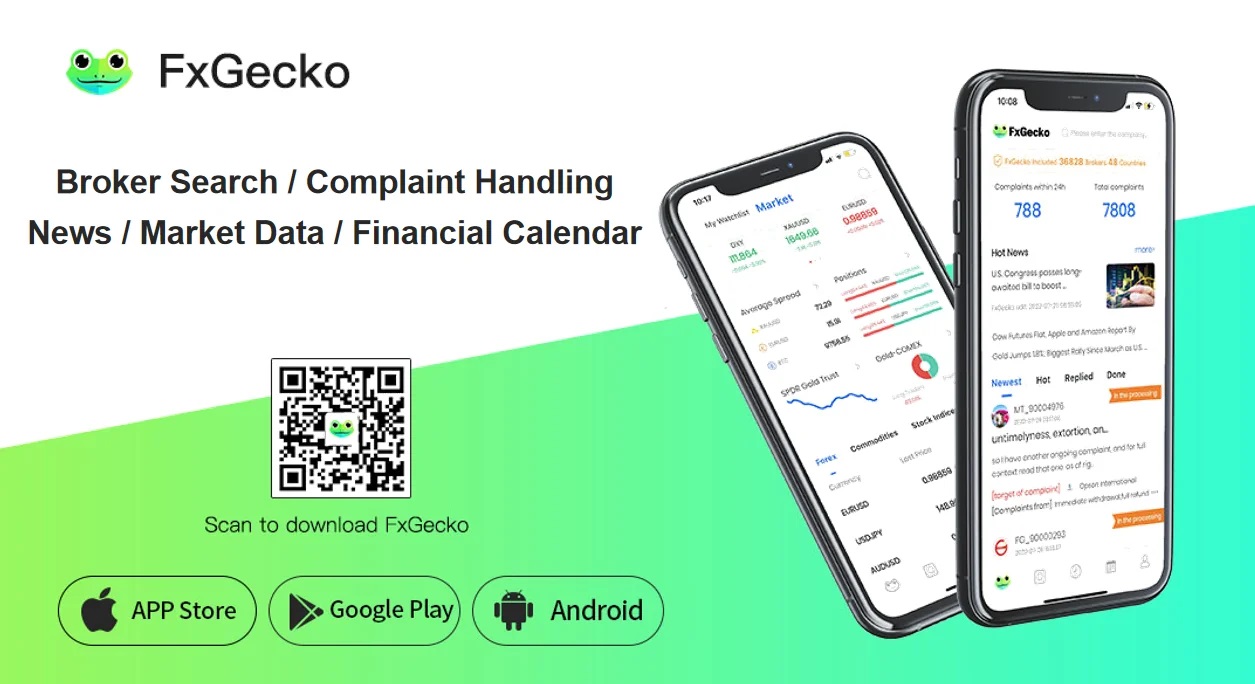Legal entities, such as corporations, banks, and other financial institutions, operate in a complex transaction ecosystem that requires precise and accurate identification of the parties involved. The Legal Entity Identifier (LEI) is a unique twenty-digit alphanumeric code assigned to entities participating in financial transactions.
As such, you must register for an LEI number if you are among these enterprises that undertake monetary transactions routinely across and within borders. It can help make your daily operations more secure and efficient, preventing your entity from falling into legal hassles due to non-compliance.
The ensuing points explore how such enterprises can optimize their codes for transacting money.
Understanding the System
The Legal Entity Identifier system is a global standard for identifying entities in monetary transactions. It was created in response to the financial crisis during the 2000s, which highlighted the need for better transparency and accountability in such transactions. The Global Legal Entity Identifier Foundation manages the system and is used by financial regulators, institutions, and market participants worldwide.
An entity must submit an application to a Local Operating Unit (LOU) to obtain a code, which is a third-party entity authorized to issue them. The issuer verifies the entity’s information and assigns a code upon verification. Once given, the code is maintained in a global database, which financial institutions and regulators can access to identify enterprises in monetary transactions.
Maximizing Its Potential
Legal entities can maximize the potential of their unique code in monetary transactions in several ways. These include:
-
Enhance Risk Management
The system provides a comprehensive view of legal entities, including their ownership structure, location, and other relevant information. This information enables institutions to assess the risk associated with transactions involving these enterprises accurately.
-
Improve Regulatory Compliance
Regulatory compliance is critical in financial transactions. The code system helps legal enterprises comply with regulations by providing accurate and consistent identification. It also facilitates the monitoring of transactions involving them, making it easier for them to comply with regulations.
-
Increase Efficiency in Transactions
It increases efficiency in monetary transactions by reducing the time and cost of identifying enterprises conducting such deals. It also facilitates automating processes involved in these transactions, such as trade reporting, clearing, and settlement. This reduces the time and cost of these processes, making them more efficient.
-
Enable Global Interoperability
It enables global interoperability in various money-related transactions. It provides a standard and consistent way of identifying entities worldwide, which makes it easier for enterprises to participate in cross-border transactions. It also facilitates the exchange of information between different institutions worldwide, which enhances global interoperability.
Finding a Trustworthy Issuer is a Key
When obtaining an LEI number, entities must find the right registration issuer, also known as a Local Operating Unit (LOU). Choosing a reputable and reliable LOU that can verify and validate the legal entity’s information and issue the code promptly is crucial. Enterprises can search for LOUs on the GLEIF website, which lists authorized issuers worldwide.
Also, consider cost, turnaround time, and customer support when choosing an issuer. Remember, some agents can complete the process and ensure you have your code in a few hours, allowing you to begin transacting sooner than expected. Finally, they provide flexible packages, allowing you to choose from one-year to five-year contracts based on your budget and specific requirements.








Add Comment